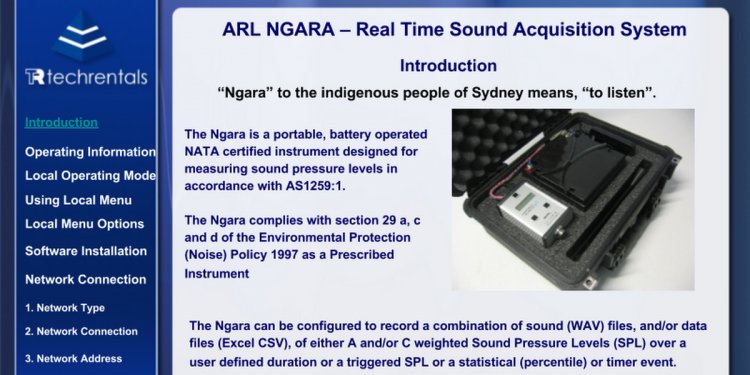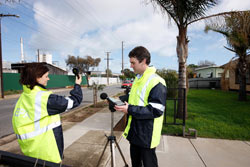
Environmental Protection Noise Policy
The Environment Protection Act 1993 requires anyone doing something that pollutes or might pollute the environment to take all reasonable measures to prevent or minimise environmental harm or nuisance. Noise issues from residential properties may be an environmental nuisance under the Act if the noise unreasonably interferes with the enjoyment of the area.
There are a number of ways to determine whether a noise is an environmental nuisance under the Act. Some domestic noise sources, such as power tools and air conditioning units have mandated noise levels that they must meet.
The EPA's role
The EPA’s role is to ensure that licensed premises (such as factories or businesses) are operating in accordance with the Act. Licensing is required when an activity has the potential to have a significant or widespread impact on the environment.
Domestic noise
A number of common domestic noise sources may cause an environmental nuisance, and the following links provide types of noise covered by legislation and lists the maximum noise levels permissible in specific circumstances:
Domestic If air conditioner noise is over 45 dB it can only be operated between 7 am and 10 pm. The sound made by someone speaking is the same as 45 dB.
Domestic issues are best resolved by working together with your neighbour, let them know that their noise is disturbing your sleep, etc. Experience shows that noise issues are often successfully resolved by negotiation between neighbours. If you would like to report the noise pollution, the EPA is able to send out a letter and some information to both parties to help them resolve the issue.
However, you may also consider engaging a professional mediation service, such as Community Mediation Services on (08) 8384 5222. They provide a free service at different locations. This approach also has the benefit of avoiding the costly and adversarial legal process.
Mediation helps neighbours to communicate effectively and assists in solving disputes in a positive way. Disputes that are settled without involving an enforcement agency usually result in friendlier ongoing relationships and often provide more effective solutions.
The EPA prefers that you seek mediation with your neighbour in the first instance. If the mediation process does not result in a satisfactory outcome, the EPA will able to provide further assistance. Before this can happen, you must obtain a letter from Community Mediation Services confirming that an approach was made to the service regarding mediation as an option to resolve the issue.
Noise meters readings would not be considered legal as it needs to be operated by someone who is qualified, either an authorised officer or an acoustic consultant. These readings can only be used as a guide during mediation.
Noise from industry and business
 Living near commercial or industrial premises can mean extra noise in the neighbourhood. Although some noise may be unavoidable, it can often be controlled using improved work practices. Builders should make all reasonable efforts to minimise noise.
Living near commercial or industrial premises can mean extra noise in the neighbourhood. Although some noise may be unavoidable, it can often be controlled using improved work practices. Builders should make all reasonable efforts to minimise noise.
The requires anyone doing something that pollutes or might pollute the environment to take all reasonable measures to prevent or minimise environmental harm or nuisance. Noise issues from residential properties may be an environmental nuisance under the Act if the noise unreasonably interferes with the enjoyment of the area.
Noisy construction activities by a commercial builder should be limited to the following times:
- Monday to Saturday – 7 am to 7 pm
- Sunday and public holidays – 9 am to 7 pm only if work is essential (eg to avoid disruption to vehicle and pedestrian traffic movement). Formal written approval must be obtained from the EPA if contruction work has an adverse noise impact.
More information on how to apply for approval
If construction noise is causing a nuisance it is best to try contacting the builders in a friendly way—they may not realise the effect the noise is having. Often a builder can reduce the noise by using quieter equipment or by moving machinery away from houses. If this approach is unsuccessful, then consider an agreement about when the noisy activity will occur.
However, if a resident is completing their own home renovations, activity time should be limited to the following times:
- Monday to Saturday – 8 am to 8 pm
- Sunday – 9 am to 8 pm.
Although some construction activities are inherently noisy, the impact can be minimised by good work practices. Builders must take all reasonable and practical steps to minimise the impact upon neighbours. If the forcecast temperature is for 35 degrees or above, the pouring of concreting may be done prior to 7 am.
If you have an issue with construction noise, first approach the builder or site manager in a friendly manner and try to resolve the issue.
If that fails, contact your local council. Please only contact the EPA if further assistance is required.



















